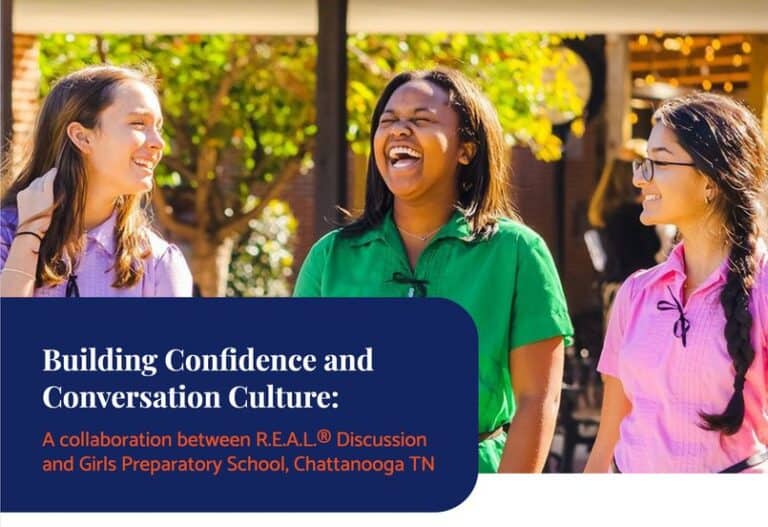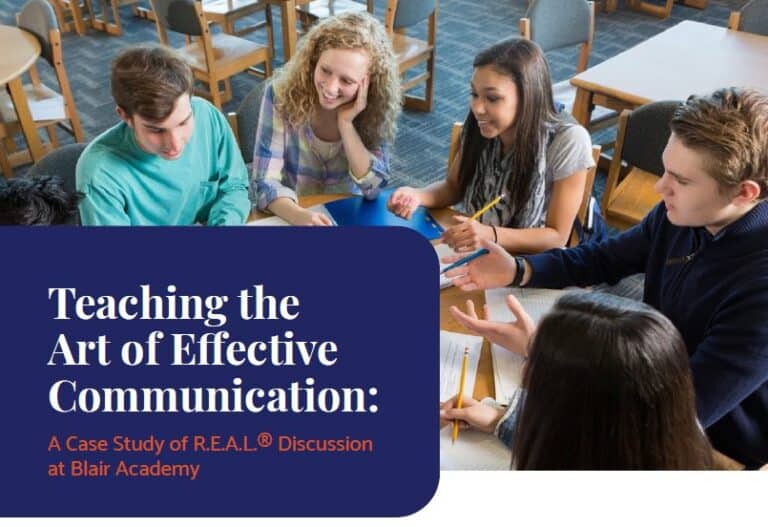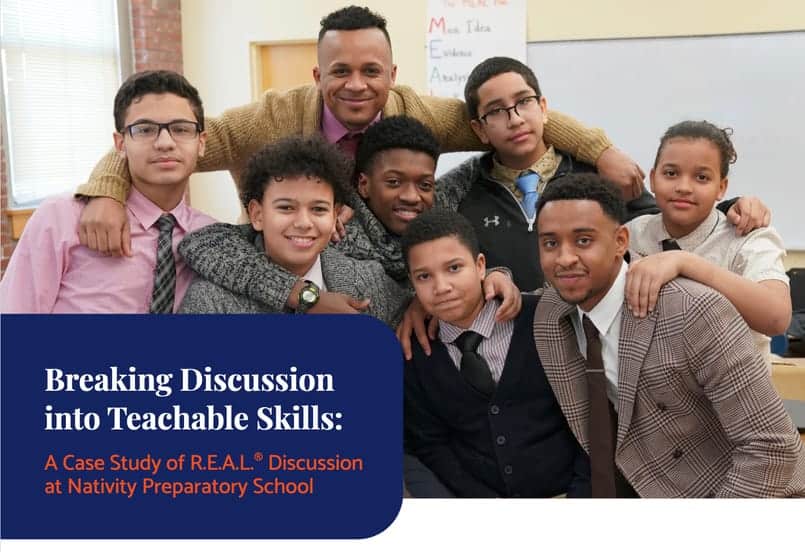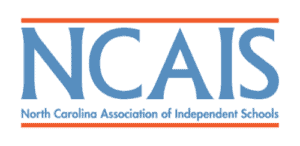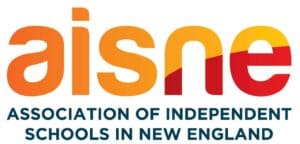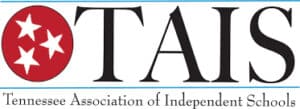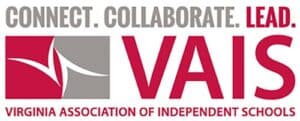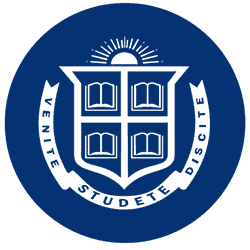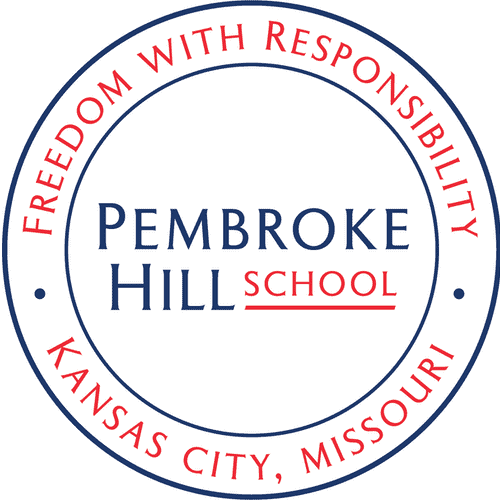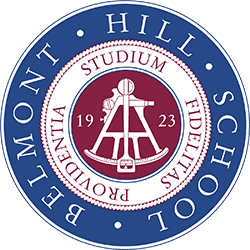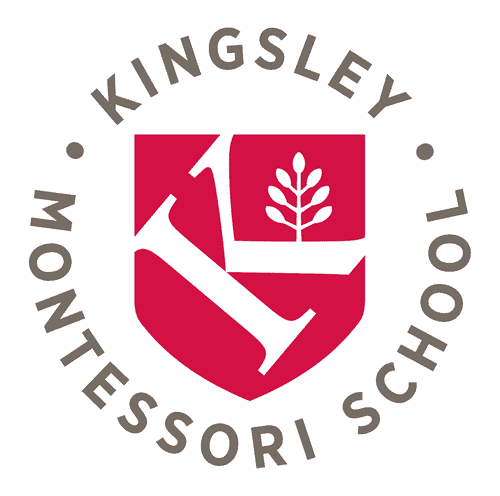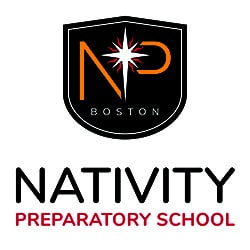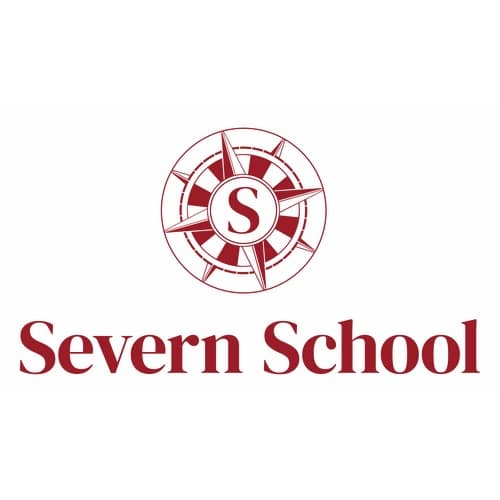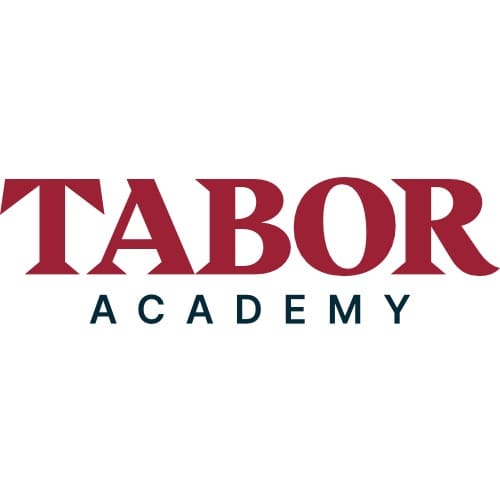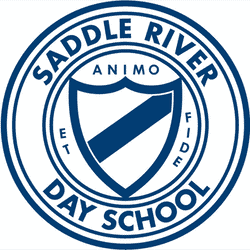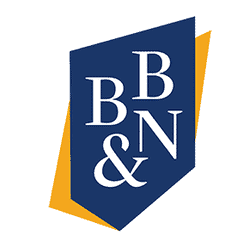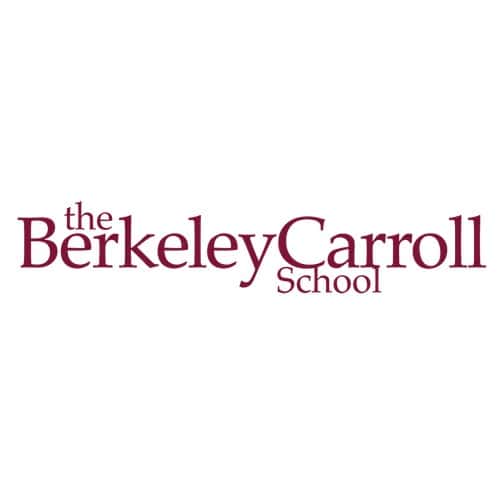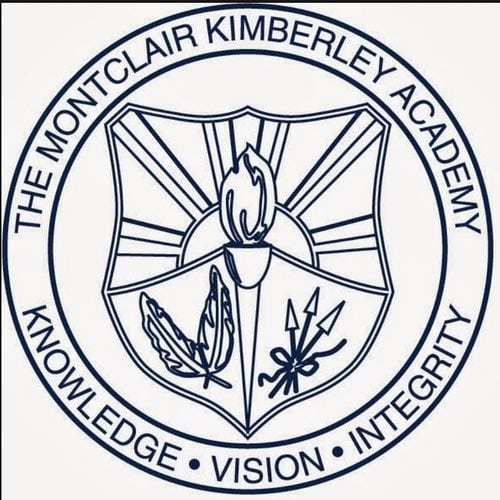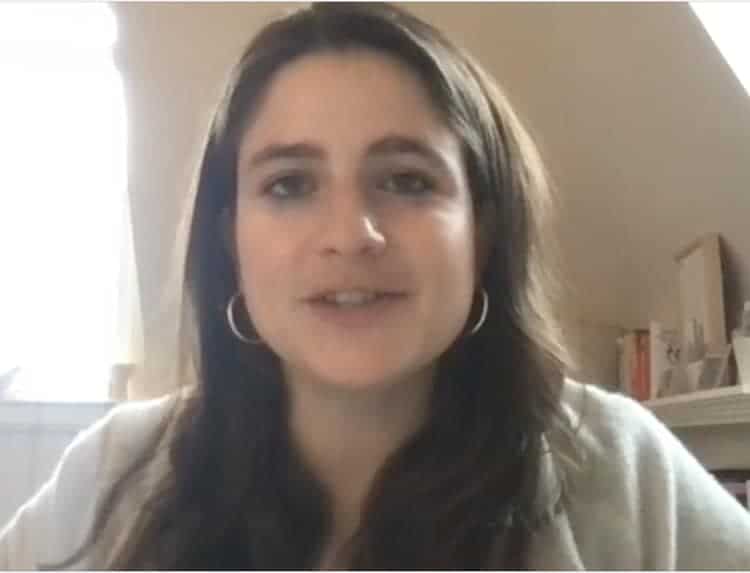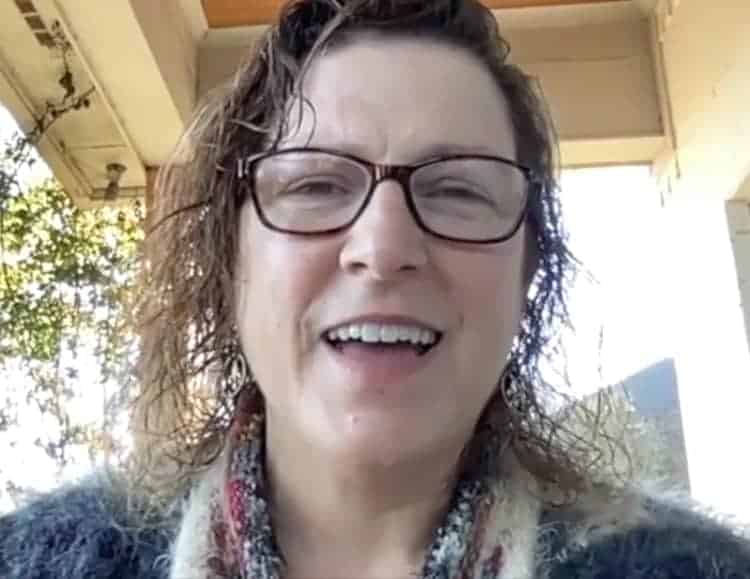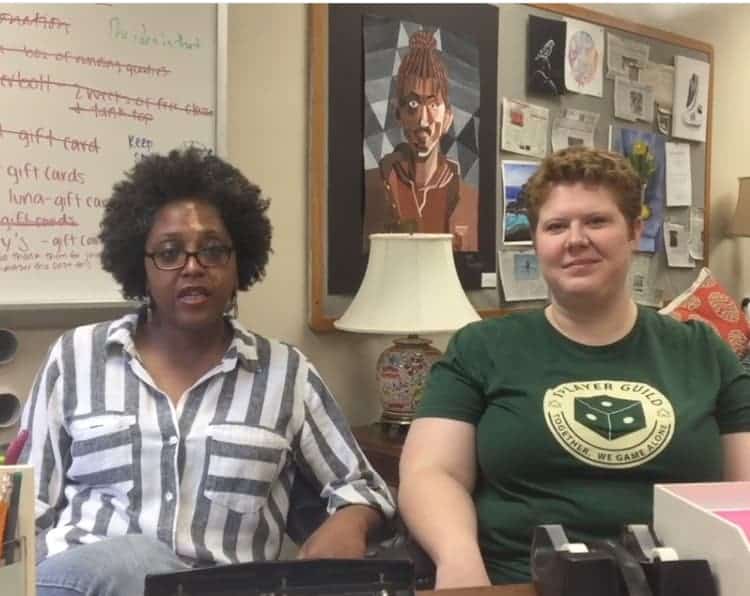Discussion is key to learning.
In a screen-bound world, face-to-face conversation is hard.
But it’s important—and teachable.
We help schools teach it.
The R.E.A.L.® approach has been featured by:
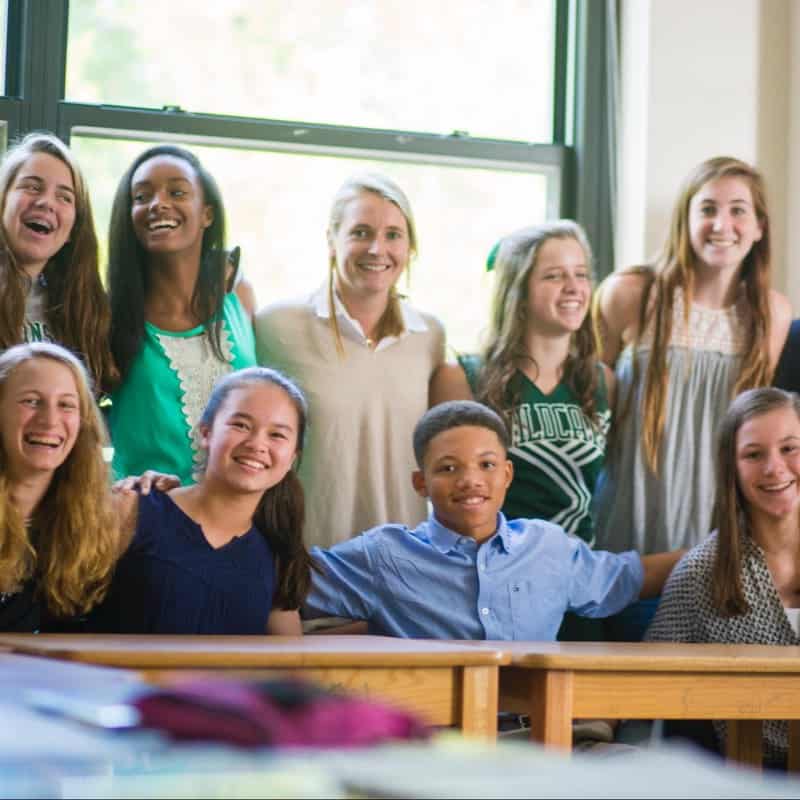
Our Story
It all started during second period. Yet another discussion fell flat – the same kids spoke up, sat back, eye-rolled, panicked – and Humanities teacher Liza Garonzik realized that the Gen-Z students in her class lacked the in-person communication skills they needed to talk and trust each other.
Liza knew that discussion skills are critical for learning and life – and wanted her students to thrive even as they grew up in a screen-bound, cancel-culture world. So she spent a decade working with experts, teachers, and Gen-Z students to develop R.E.A.L.®: the first research-backed method for explicitly teaching and equitably assessing in-person discussion skills.
Today, R.E.A.L.® has several programs for teaching, measuring and celebrating discussion skills in grades 2-10. R.E.A.L.® is used by thousands of students, hundreds of teachers, and dozens of teams across diverse schools. The results speak for themselves.
Our Story
It all started during second period. Yet another discussion fell flat – the same kids spoke up, sat back, eye-rolled, panicked – and Humanities teacher Liza Garonzik realized that the Gen-Z students in her class lacked the in-person communication skills they needed to talk and trust each other.

Liza knew that discussion skills are critical for learning and life – and wanted her students to thrive even as they grew up in a screen-bound, cancel-culture world. So she spent a decade working with experts, teachers, and Gen-Z students to develop R.E.A.L.®: the first research-backed method for explicitly teaching and equitably assessing in-person discussion skills.
Today, R.E.A.L.® has several programs for teaching discussion skills and ultimately building Conversation Culture, used by thousands of students, hundreds of teachers, and dozens of teams across diverse schools. The results speak for themselves.
Our School Partners
PROGRAM PREVIEW
R.E.A.L.® is a method for breaking the deeply human art of great discussion into teachable, assessable, transferable skills for students who would rather text than talk.
R.E.A.L.® has programs for Gr. 2-10. It has been used by hundreds of teachers across independent schools.
98%
of teachers would recommend R.E.A.L.® to a colleague
96%
of students see R.E.A.L. skills as useful beyond the classroom
98%
of students report more confidence in speaking up in discussion
96%
of students listen more actively to their peers
94%
of students show a growth mindset towards discussion
5
The top five words teachers use to describe R.E.A.L. PD :
Practical, Innovative, Fun/Funny, Motivating, Helpful
